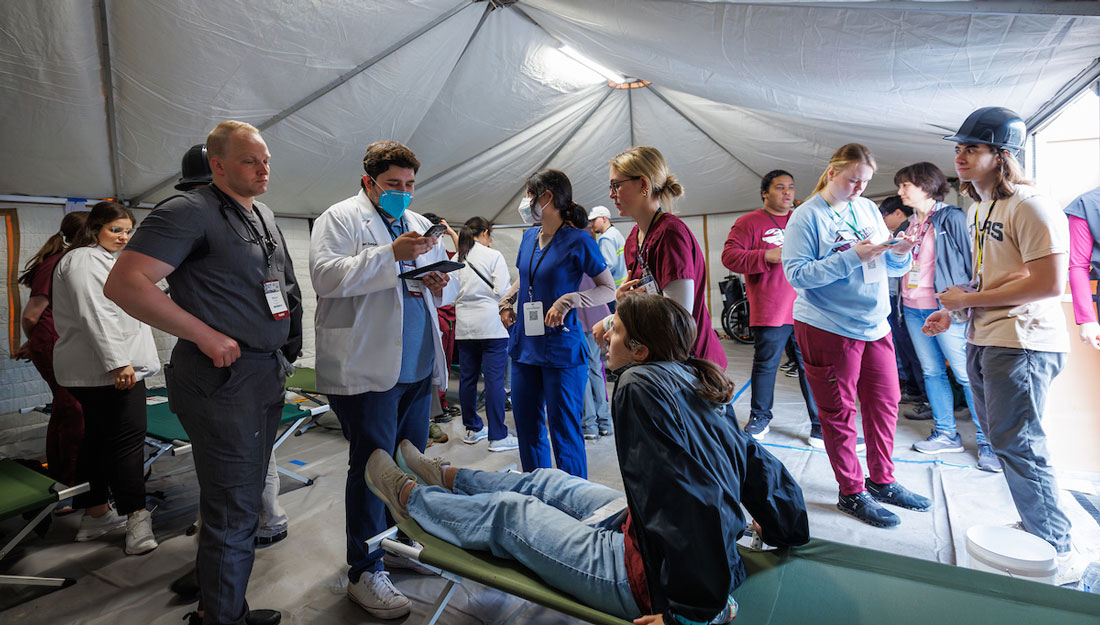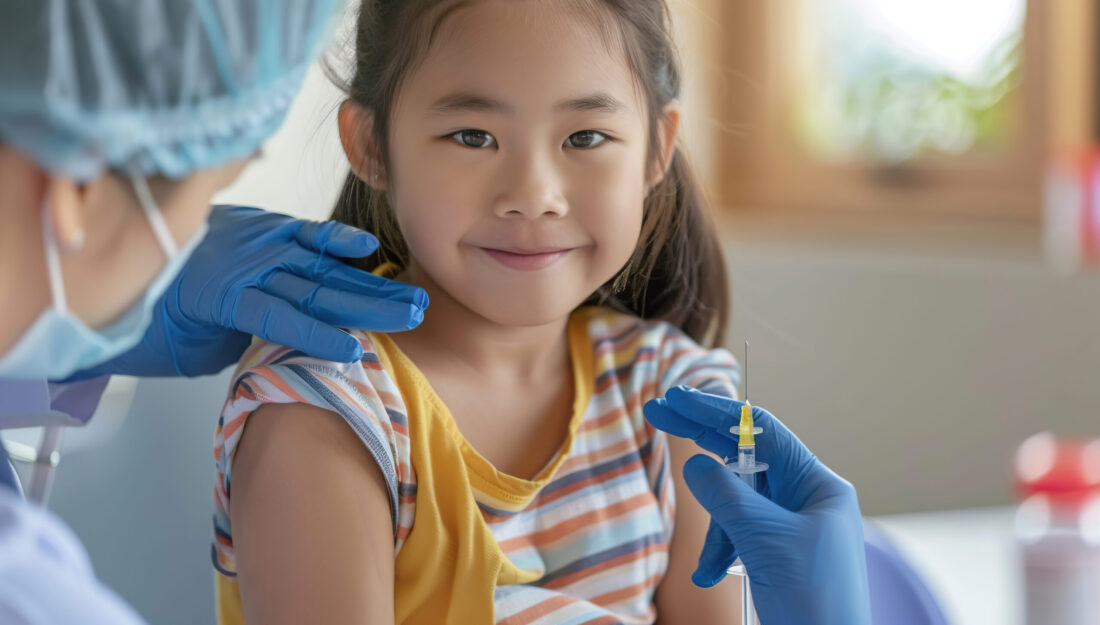HSC-BCD researcher expands implant testing
(DALLAS) — As the popularity of dental implants rapidly increases, a researcher at the Texas A&M Health Science Center Baylor College of Dentistry is committed to testing the reliability of the technology.
Dr. Jason A. Griggs, vice chair and associate professor of biomaterials science at HSC-BCD, has received a $1.3 million grant from the National Institutes of Health to support his research, “Fatigue of Dental Implants.”
Dr. Griggs will serve as principal investigator for the project, a collaboration with Dr. William Nagy, director and professor of the graduate prosthodontics program; Dr. Ronald Woody, director and professor of implant dentistry; and Dr. Frank L. Higginbottom, associate professor in oral and maxillofacial surgery and graduate prosthodontics, all at HSC-BCD.
According to Dr. Griggs, the project will combine finite element computer modeling with a statistical analysis method known as accelerated lifetime testing to develop a more efficient method for testing the reliability of dental implants.
“Implant body diameter, prosthesis cementation method and implant-abutment connection design have all been reported in clinical studies to affect the incidence of abutment screw loosening and fracture,” Dr. Griggs said. “It is clear that the dental implant community would benefit from systemic comparisons of implant designs, but fatigue testing is very time consuming, so design optimization studies are not feasible without more efficient fatigue testing methods.”
Dr. Griggs currently serves as principal investigator for another NIH-funded grant to study new statistical methods for predicting the lifetimes of all-ceramic prostheses. The project aims to speed up fatigue test times using a combination of computer modeling and accelerated lifetime testing. His new research will apply the same research tools to the fatigue resistance of implant-abutment connections.
Founded in 1905, Baylor College of Dentistry at Dallas is a component of the Texas A&M Health Science Center. HSC-BCD is a nationally recognized center for oral health sciences education, research, specialized patient care and continuing dental education.
The Texas A&M Health Science Center provides the state with health education, outreach and research. Its six components located in communities throughout Texas are Baylor College of Dentistry, the College of Medicine, the Graduate School of Biomedical Sciences, the Institute of Biosciences and Technology, the Irma Lerma Rangel College of Pharmacy, and the School of Rural Public Health.
Media contact: media@tamu.edu


